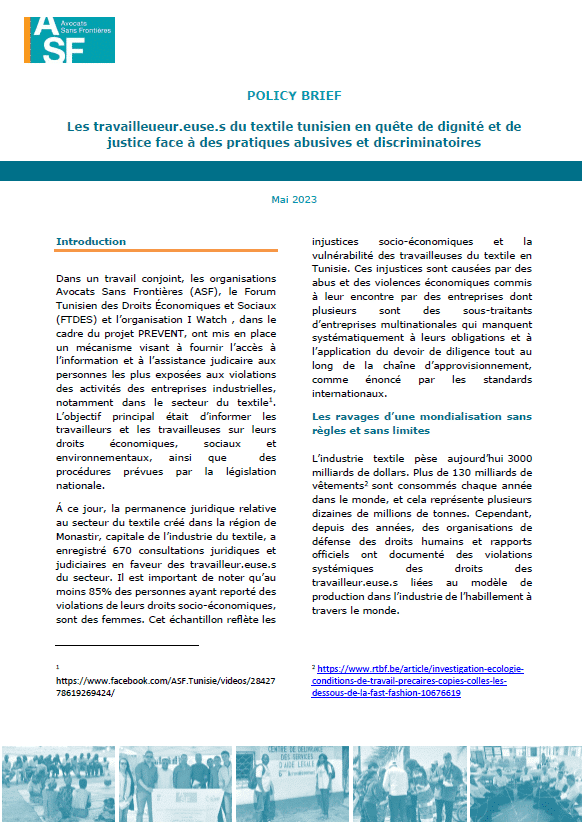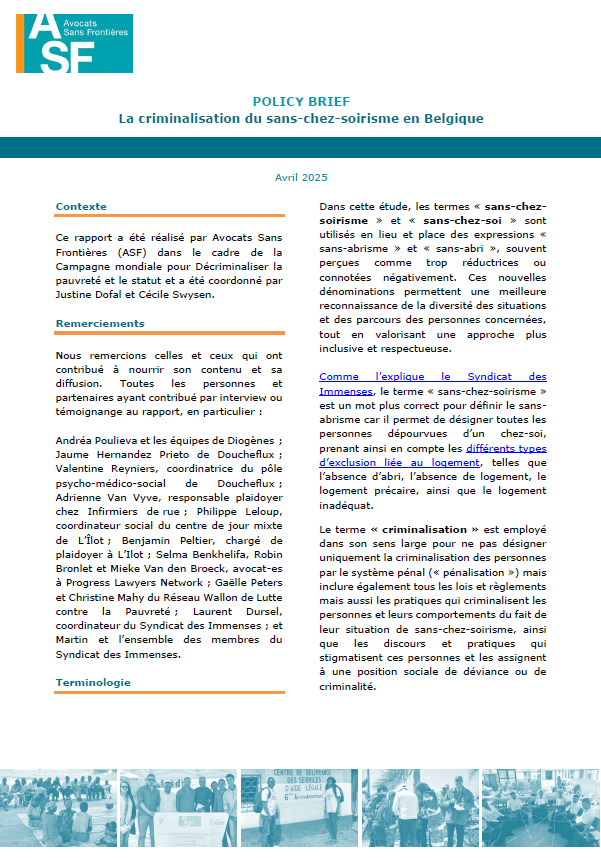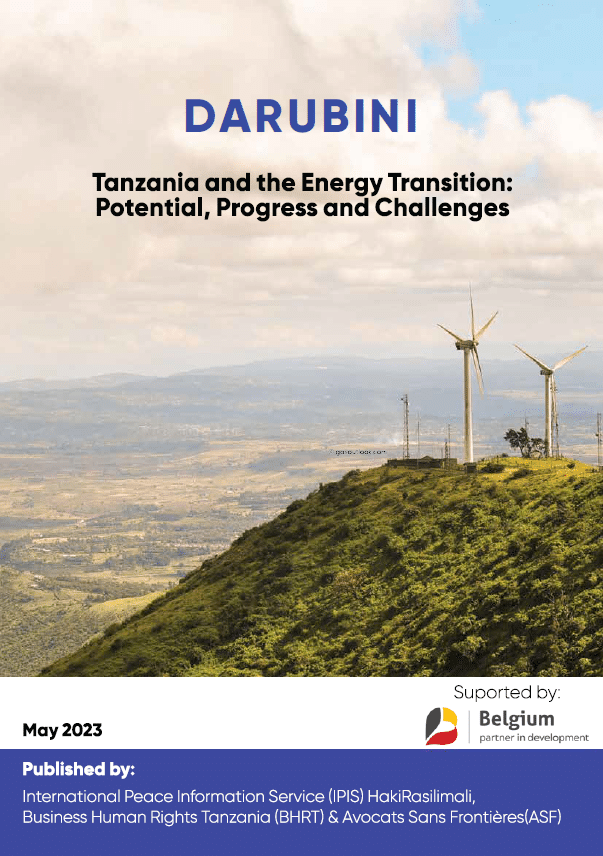Document-Type: Policy Brief
-
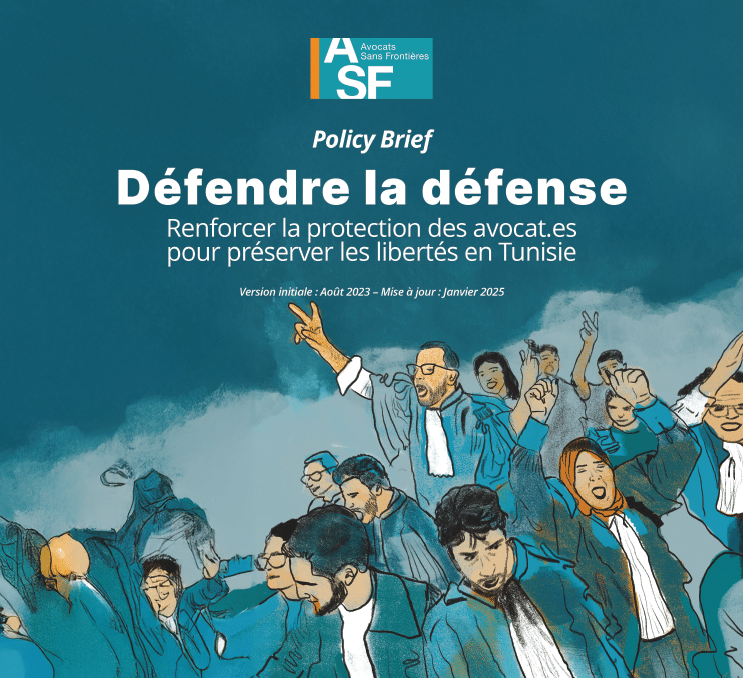
-
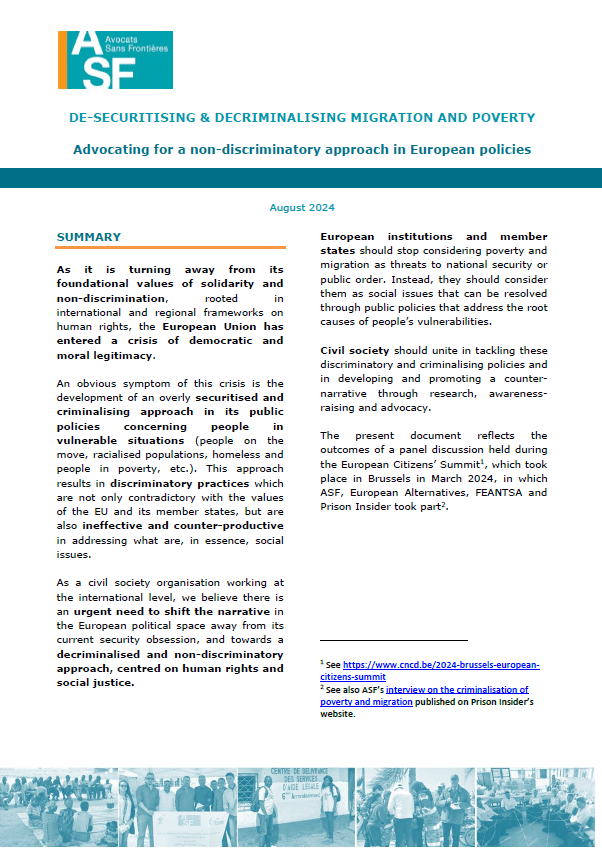
-
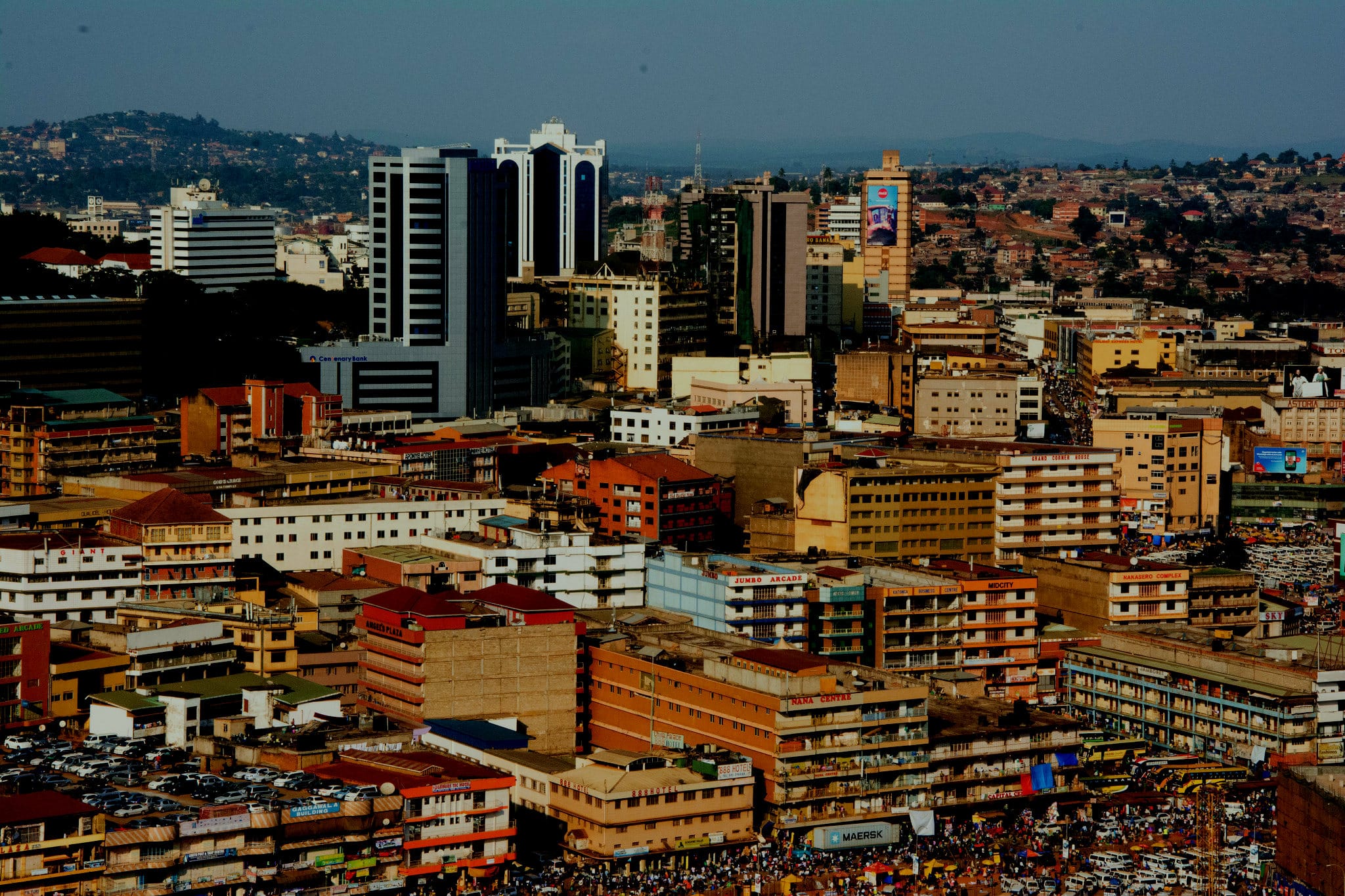
Policy Brief – Analysing Civic Space in East Africa through a judicial lens
For the past years, civic space has been described as “shrinking” in many countries around the world. The adoption of restrictive laws, the harassment of journalists, the arrest and detention of human rights defenders, the suspension of activities or freezing of accounts of civil society organisations, are common tactics used by states to restrict civic…
-
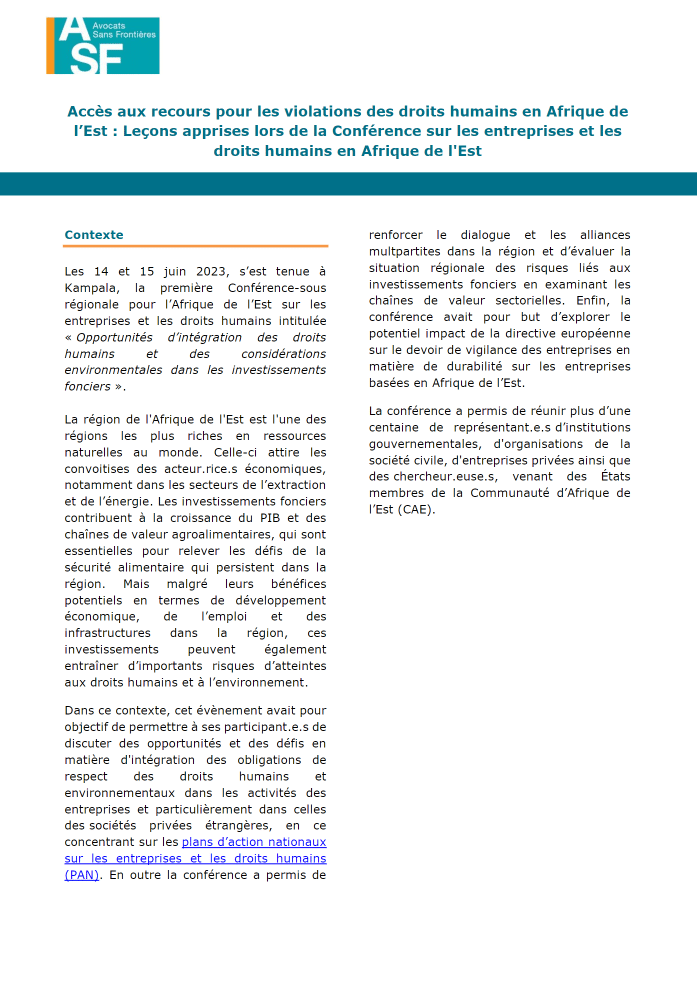
-
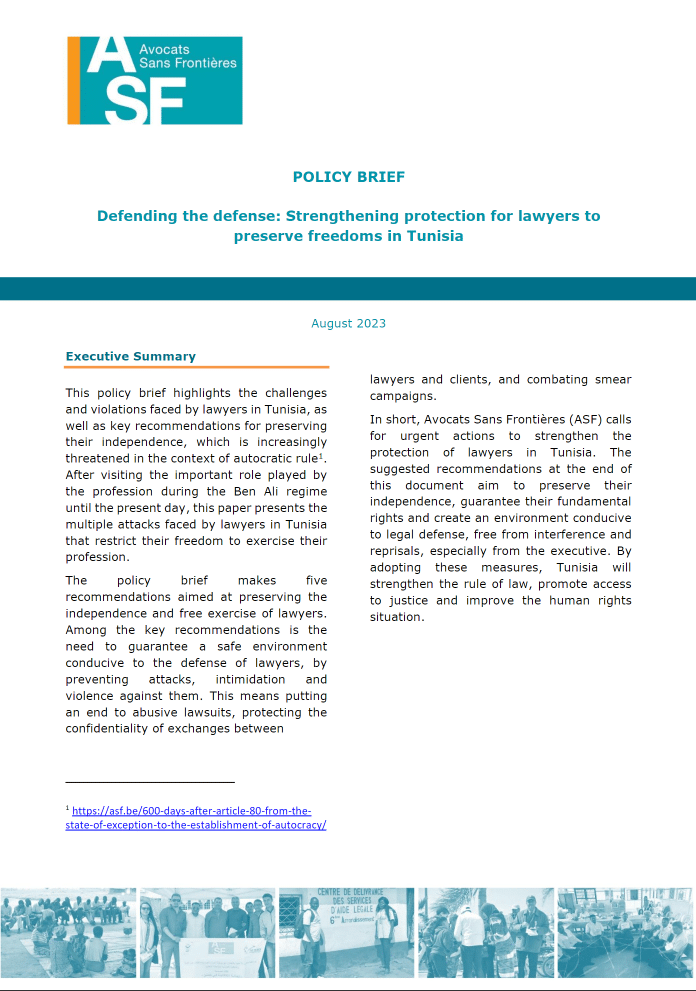
-

-
